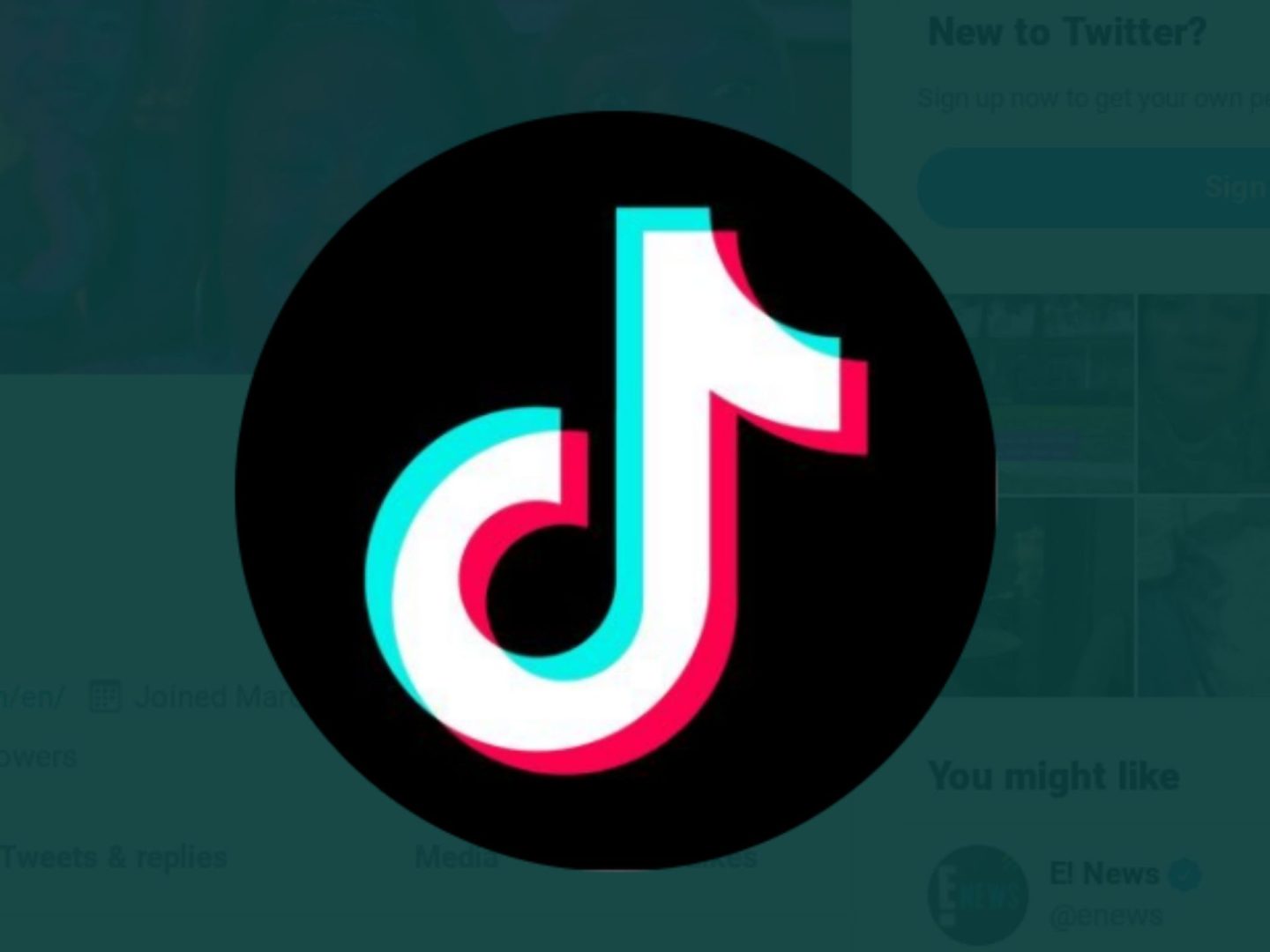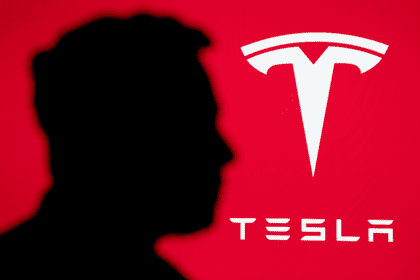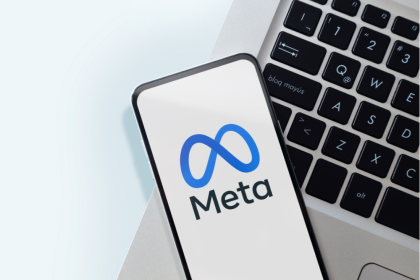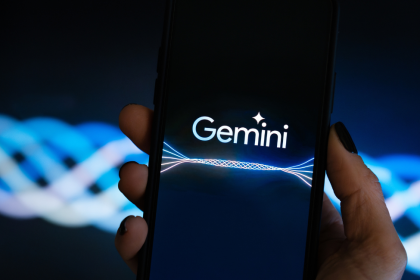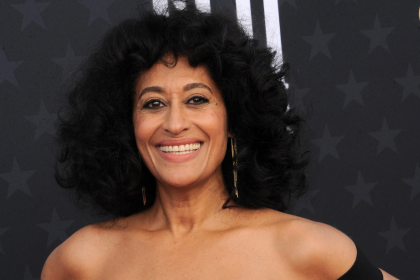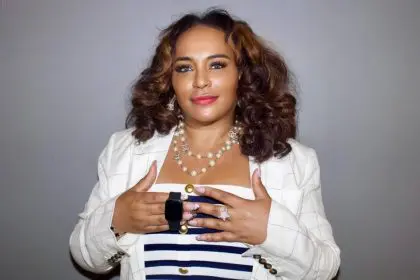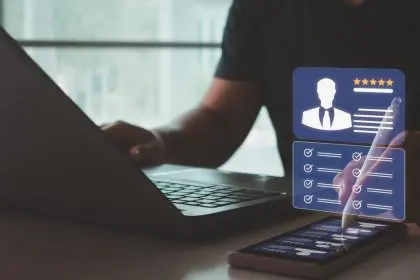Beauty filters will be blocked for teenagers on TikTok. This decision comes amid growing concerns about the impact of social media on youth mental health, with studies showing that 32% of teen girls say Instagram made them feel worse about their bodies.
The social media platform has announced – during a safety forum at its European headquarters in Dublin – that teenagers will no longer be able to use beauty filters on TikTok amid concerns around rising anxiety and falling self-esteem in adolescents. Research indicates that social media use has been linked to a 70% increase in anxiety and depression among young users over the past decade.
Users who are under the age of 18 will soon be blocked from artificially making their eyes bigger, plumping their lips and smoothing or changing their skin tone using filters. Mental health experts have long warned about the psychological impact of these beauty-enhancing features, with studies showing that prolonged exposure to filtered images can lead to body dysmorphia.
The restrictions will apply to filters – such as ‘Bold Glamour’ – that change children’s features in a way that make-up can’t. But comic filters that add bunny ears or dog noses will be unaffected by the changes. The ‘Bold Glamour’ filter alone has been used in over 16 billion videos since its release.
However, in order for the restrictions to be effective, it will depend whether users have created accounts under their real age or not, which isn’t always done. Statistics show that approximately 40% of children aged 8-12 use social media platforms by creating accounts with false birth dates.
TikTok has also announced that it’s blocking users under the age of 13 from the platform, which could mean that thousands of British children are stopped from using the app. The team are planning to launch a trial of new automated systems that use machine learning to detect people cheating its age restrictions by the end of the year. Similar AI-powered age verification systems have shown up to 95% accuracy in early trials.
“We’re hoping that this will give us the ability to detect and remove more and more quickly,” Chloe Setter, TikTok’s lead on child safety public policy, said in a statement. The platform currently removes over 10 million fake accounts monthly through various detection methods.
This move comes as part of a broader industry shift towards protecting young users’ mental health. Recent studies have shown that teenagers who spend more than three hours daily on social media platforms face twice the risk of mental health problems compared to occasional users.
The decision has been welcomed by child safety advocates and mental health professionals worldwide. Dr. Sarah Thompson, a leading child psychologist, notes that “this is a significant step in protecting young people from unrealistic beauty standards that can lead to serious mental health issues.”
Digital wellness experts estimate that the average teenager spends about 4.5 hours per day on social media platforms, with beauty filters being used in approximately 70% of posted content. The new restrictions could significantly impact how young users interact with the platform.
Parent groups have also praised the initiative, though some express concern about enforcement. The National Parent-Teacher Association reports that 65% of parents worry about their children’s exposure to unrealistic beauty standards on social media.
Industry analysts suggest this move could influence other social media platforms to implement similar restrictions. Market research indicates that approximately 84% of teenagers use at least one beauty filter regularly across various social media platforms.
The implementation of these new restrictions will be gradually rolled out across different regions, with complete global coverage expected by the end of 2024. TikTok has invested over $100 million in developing these safety features and age verification systems.
Educational institutions have reported a 40% increase in body image-related counseling sessions among teenagers over the past five years, highlighting the timeliness of TikTok’s decision. The platform plans to complement these restrictions with educational content about digital wellbeing and self-esteem.

